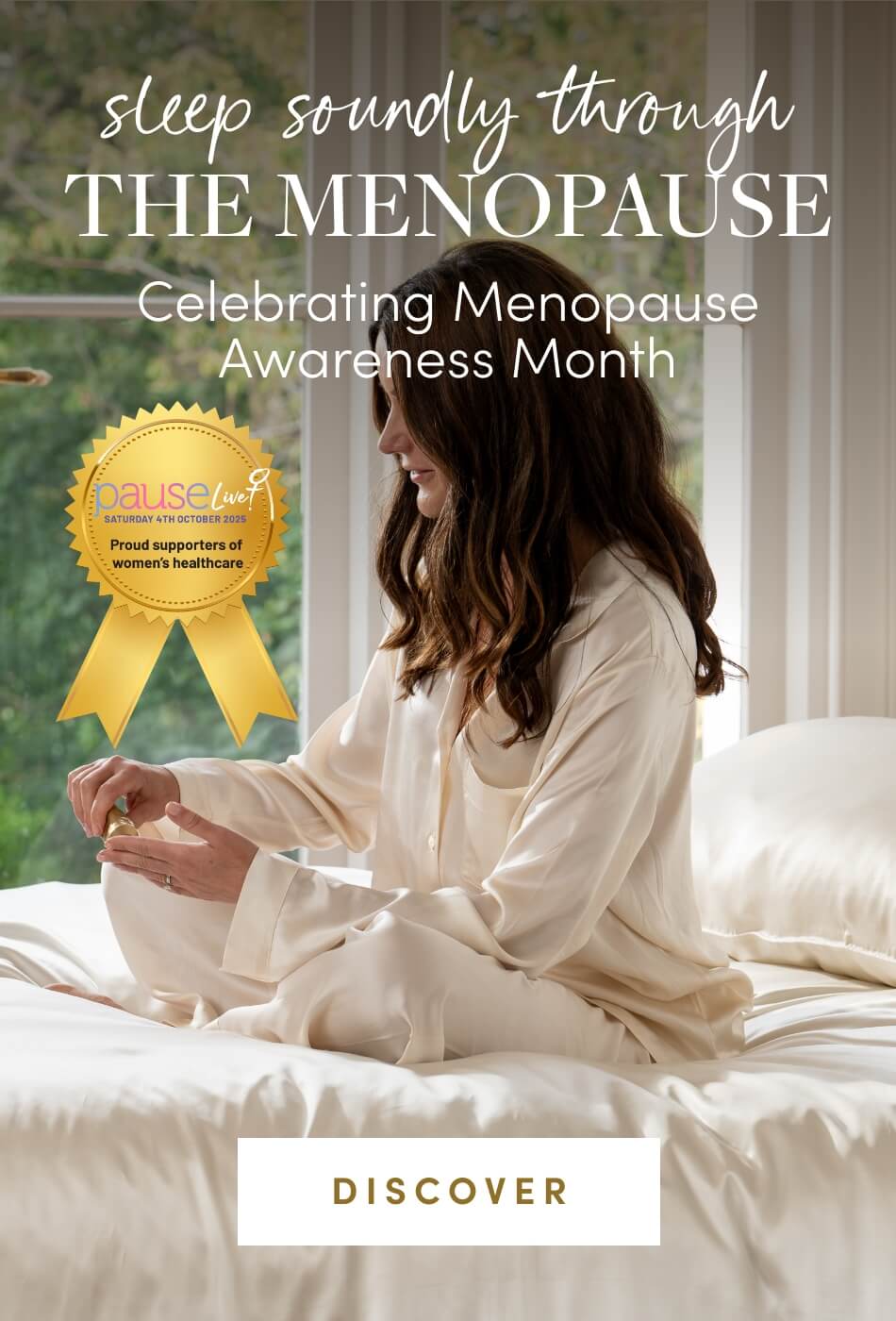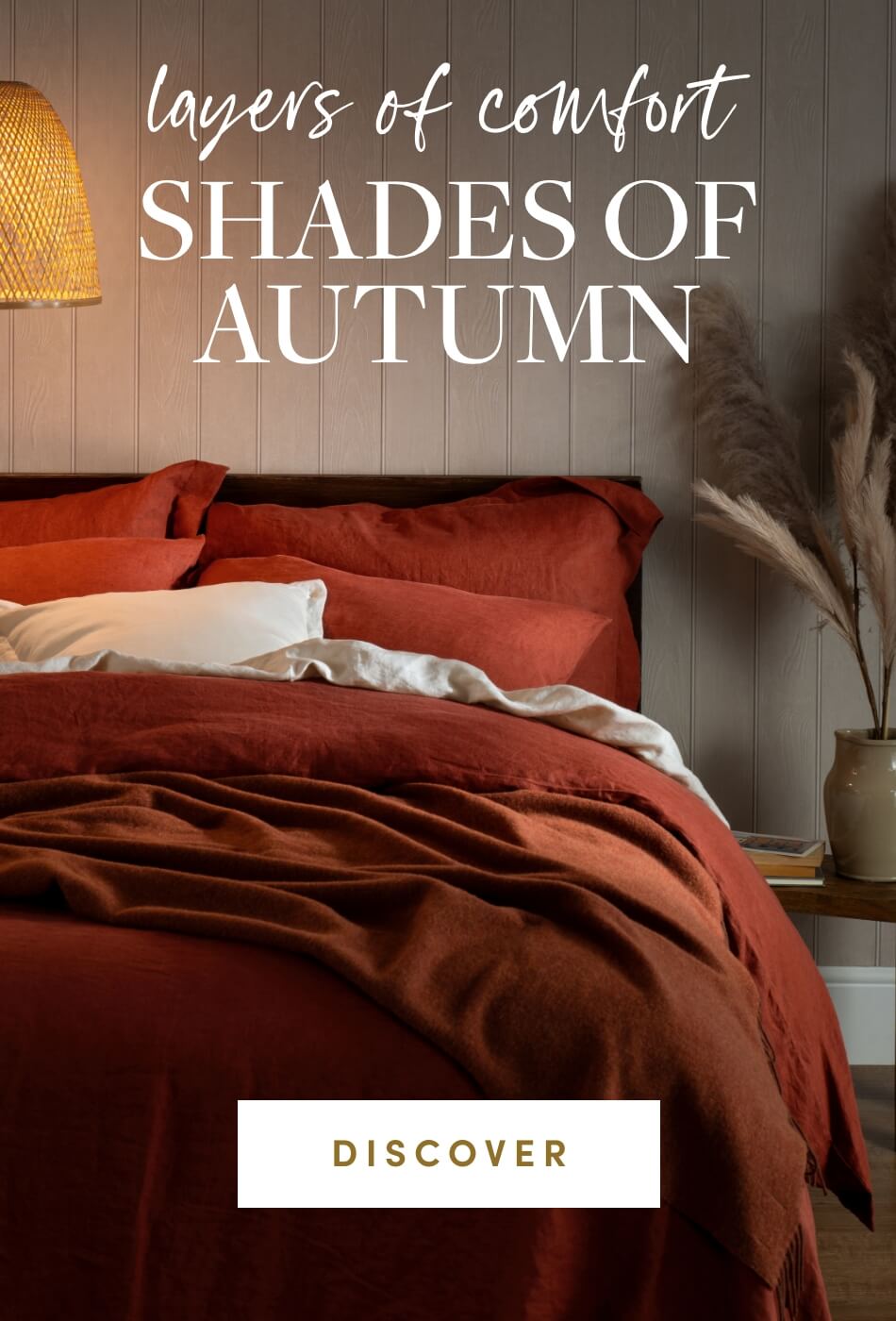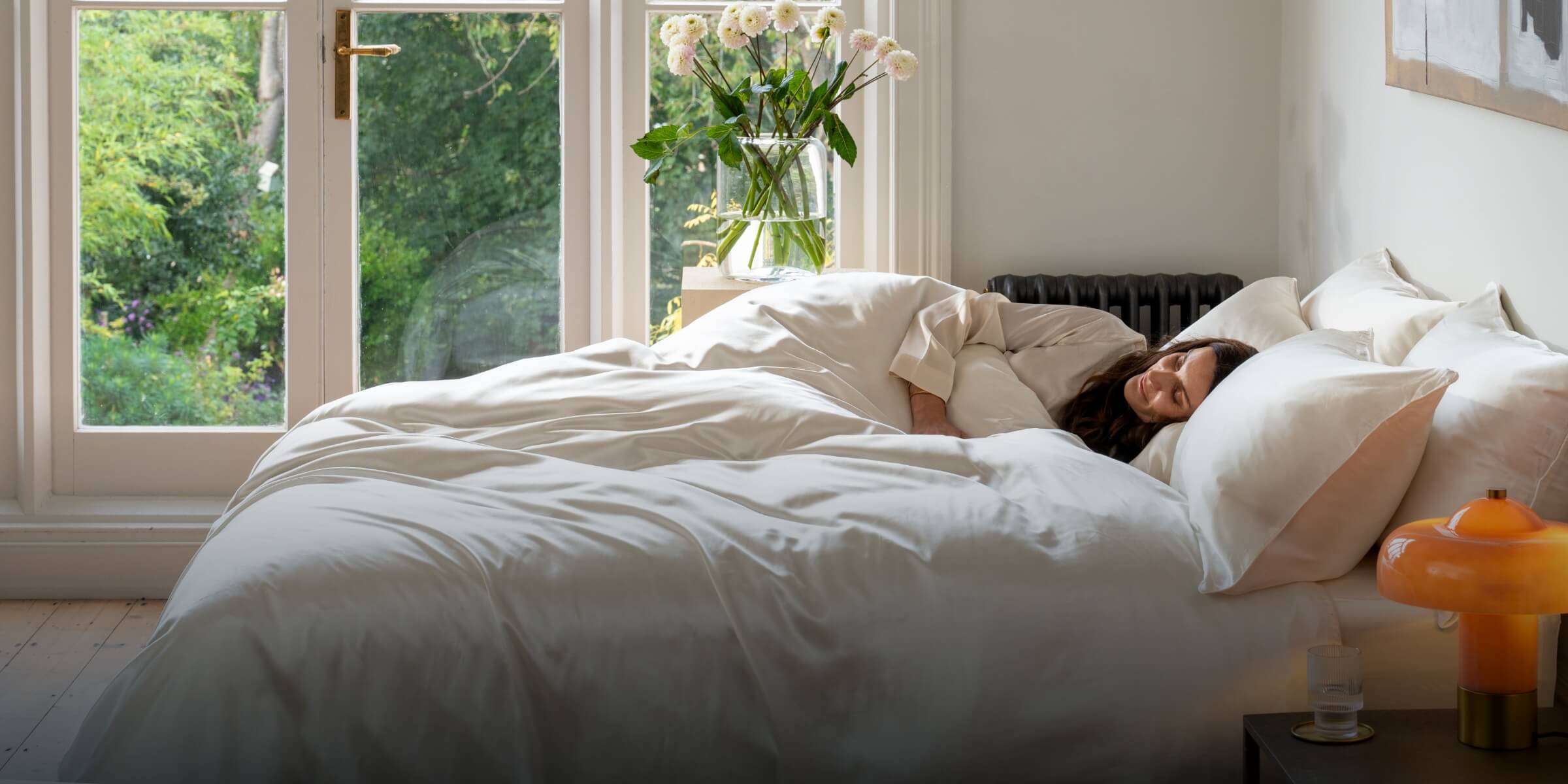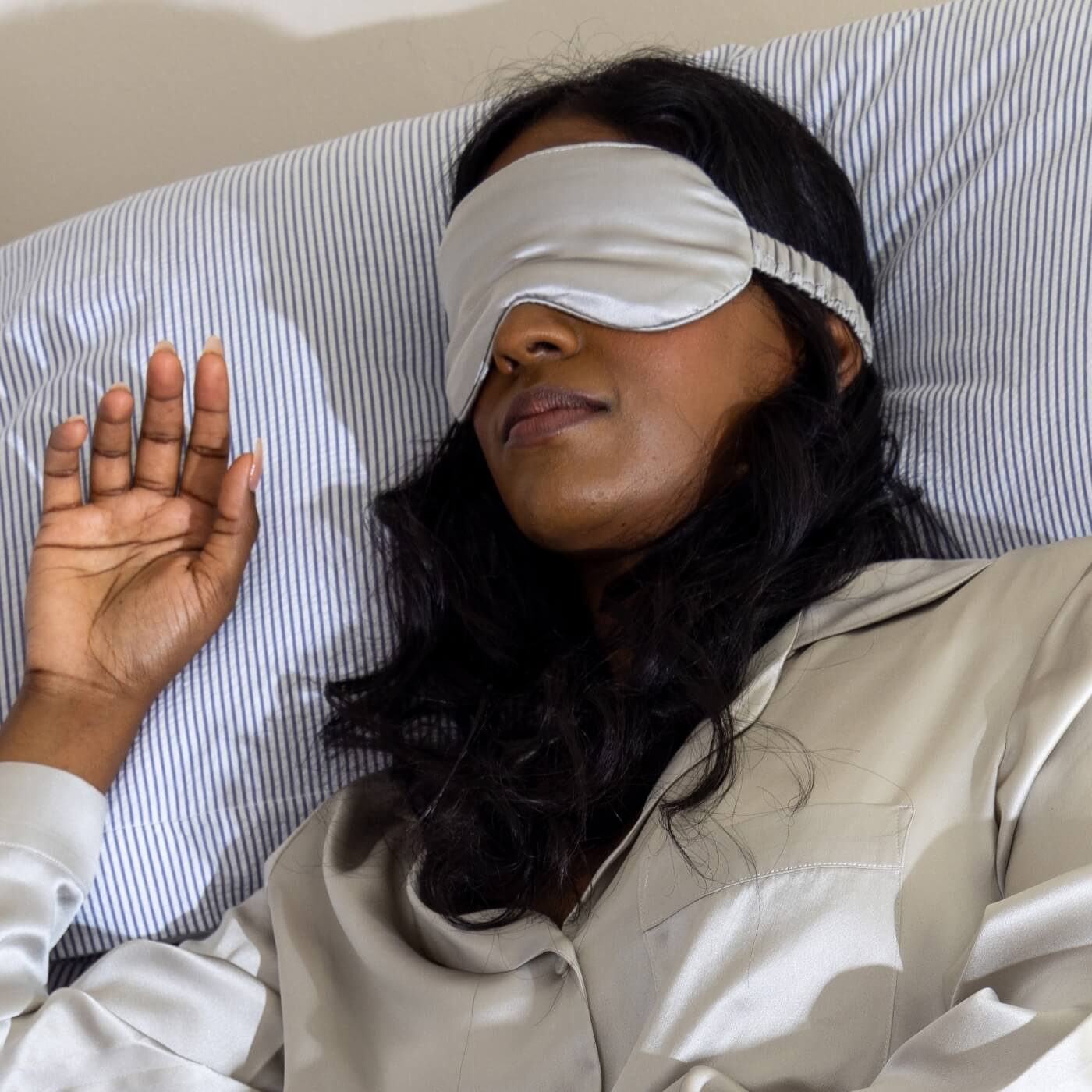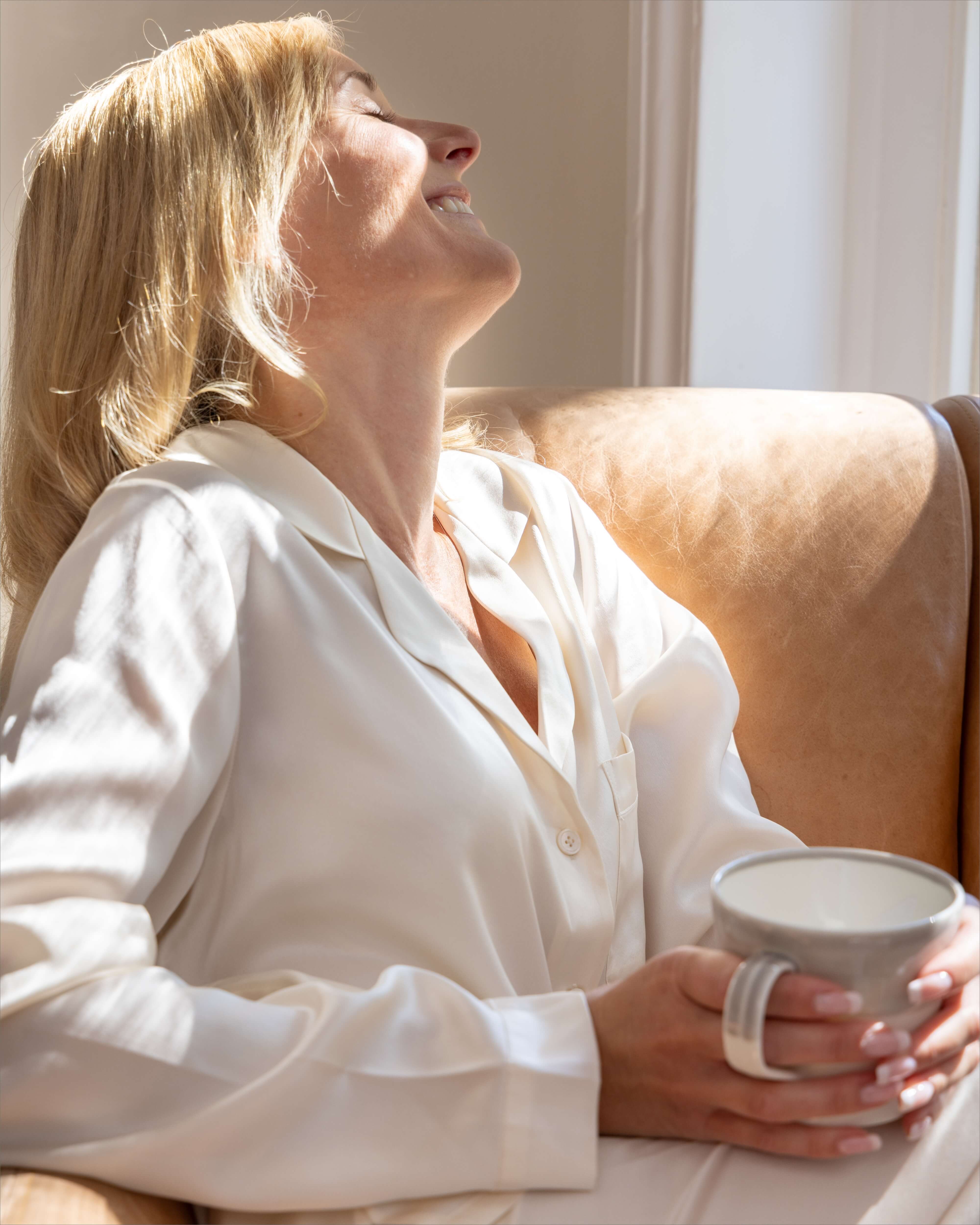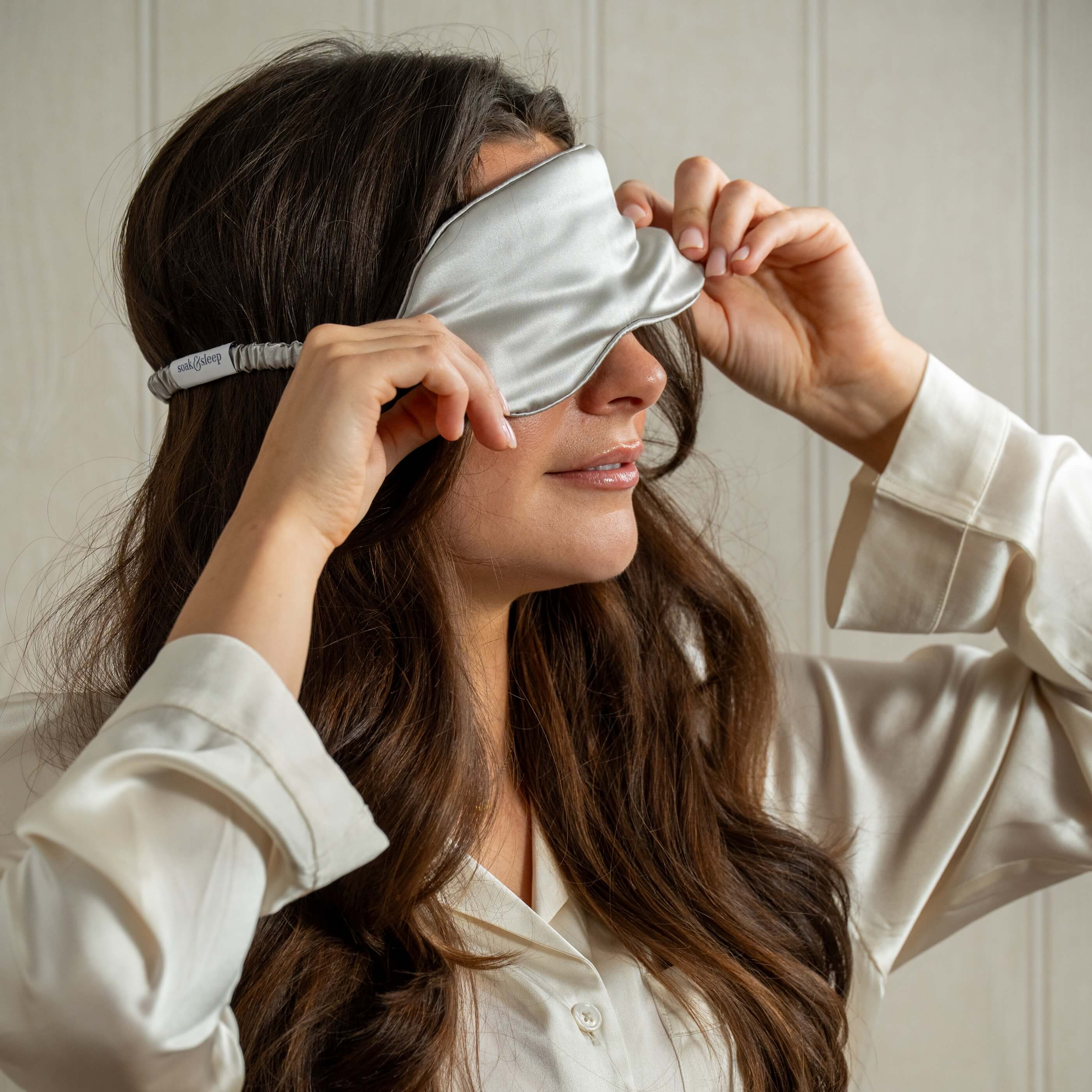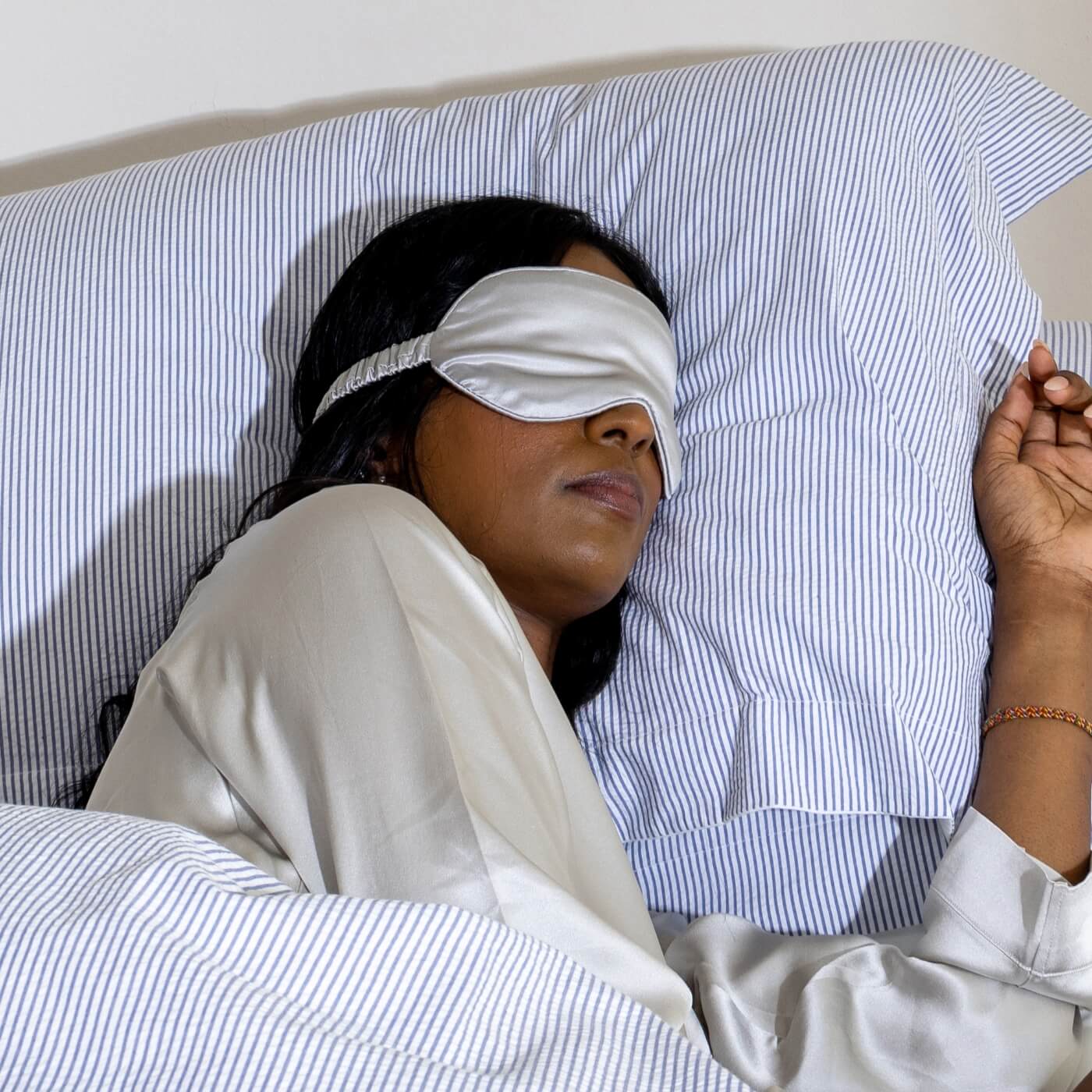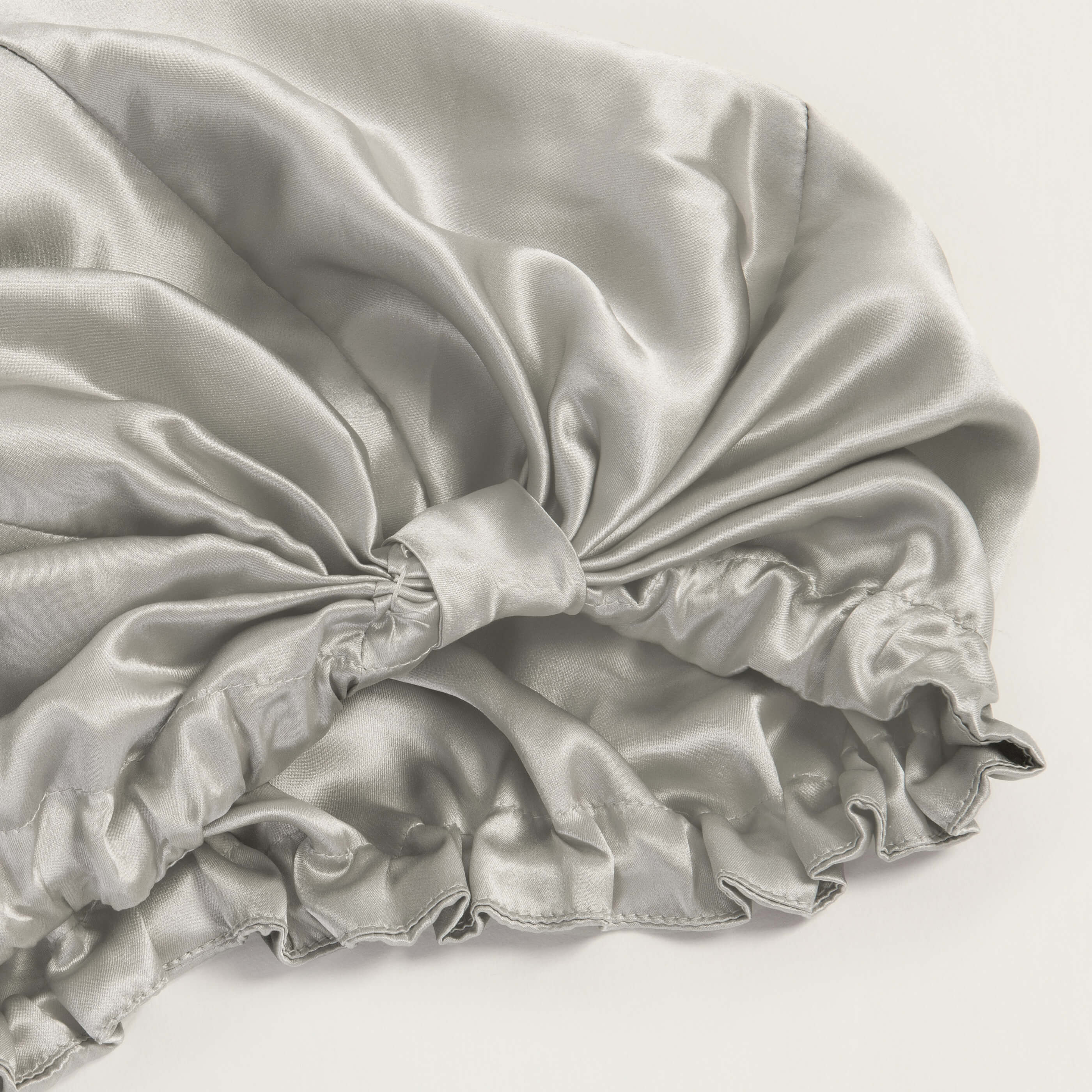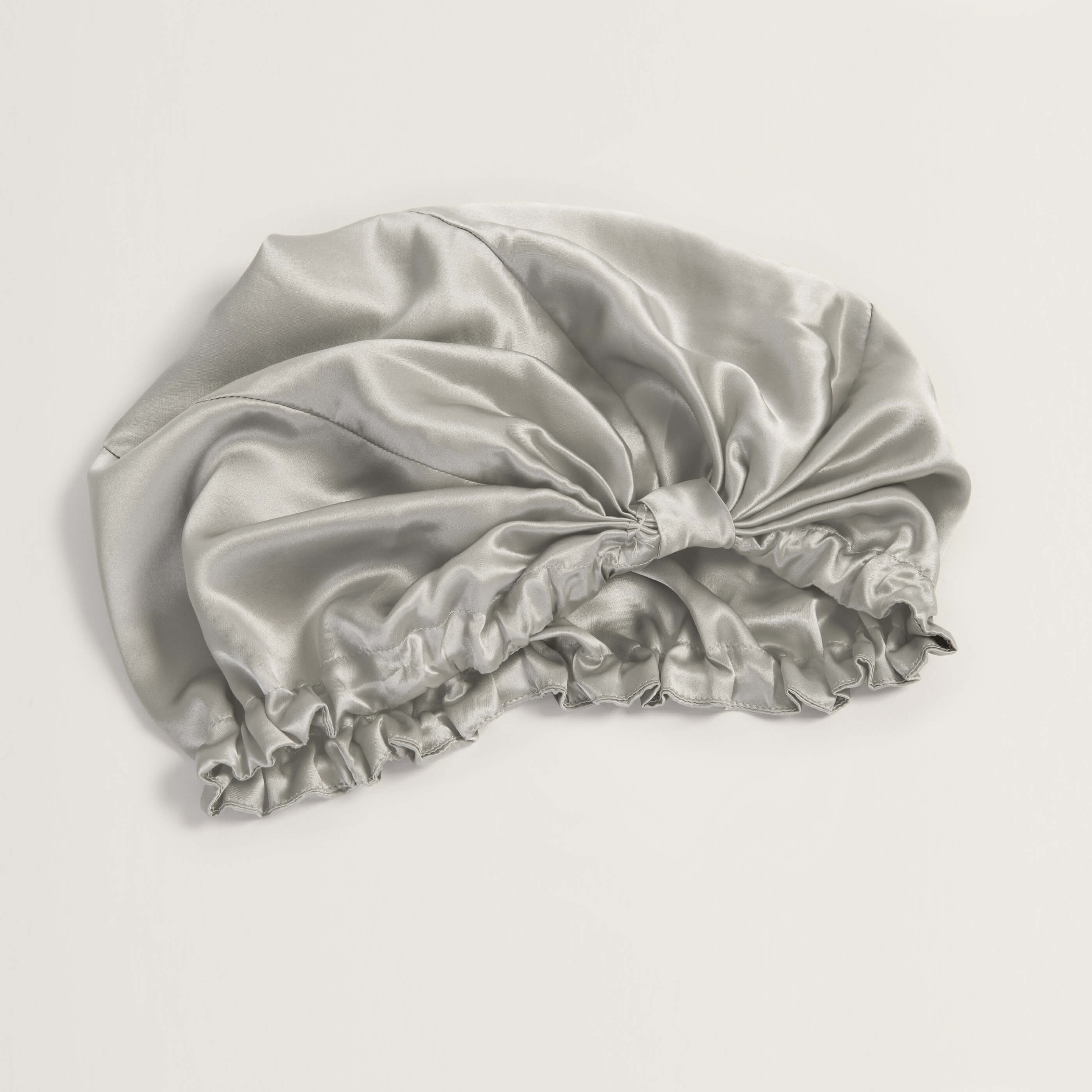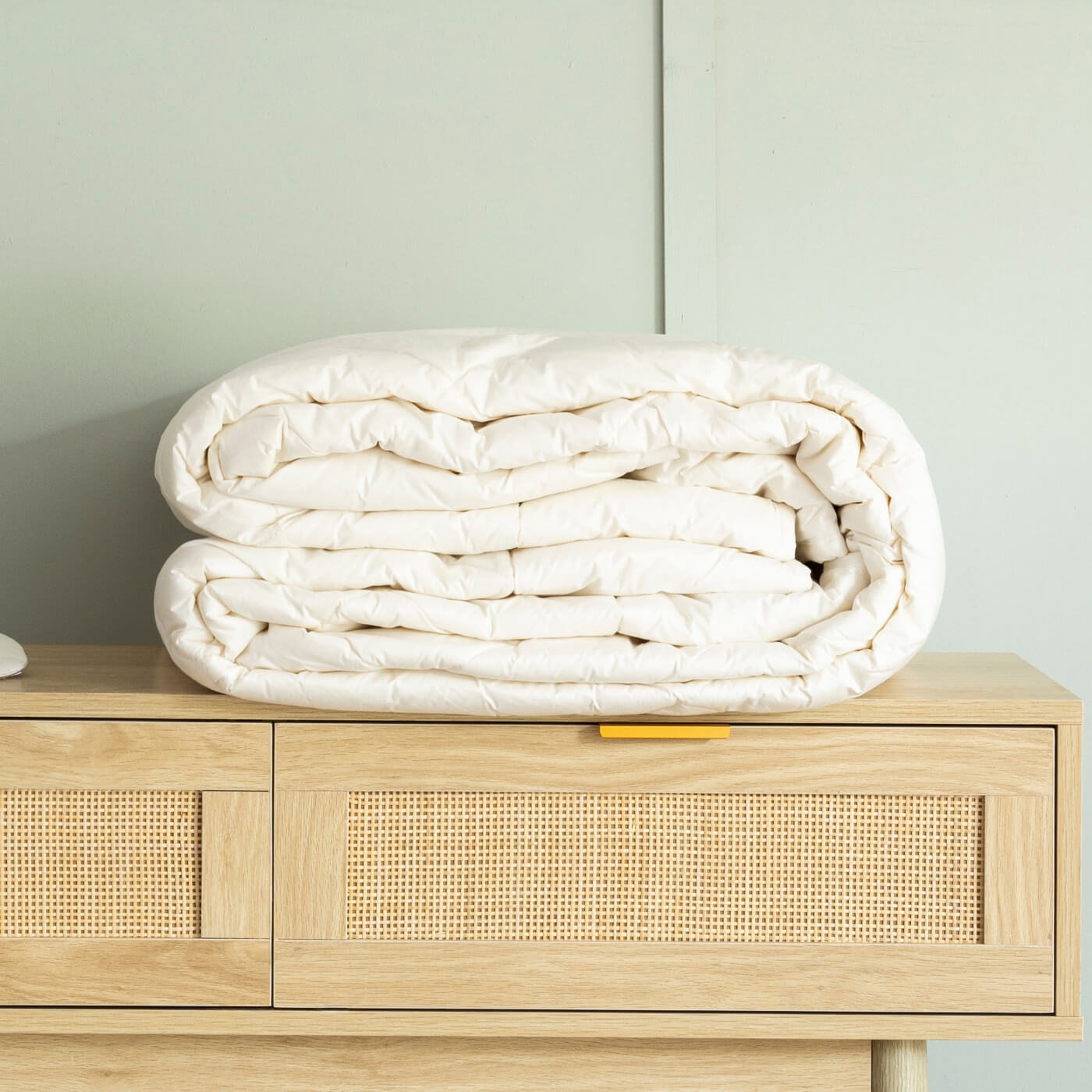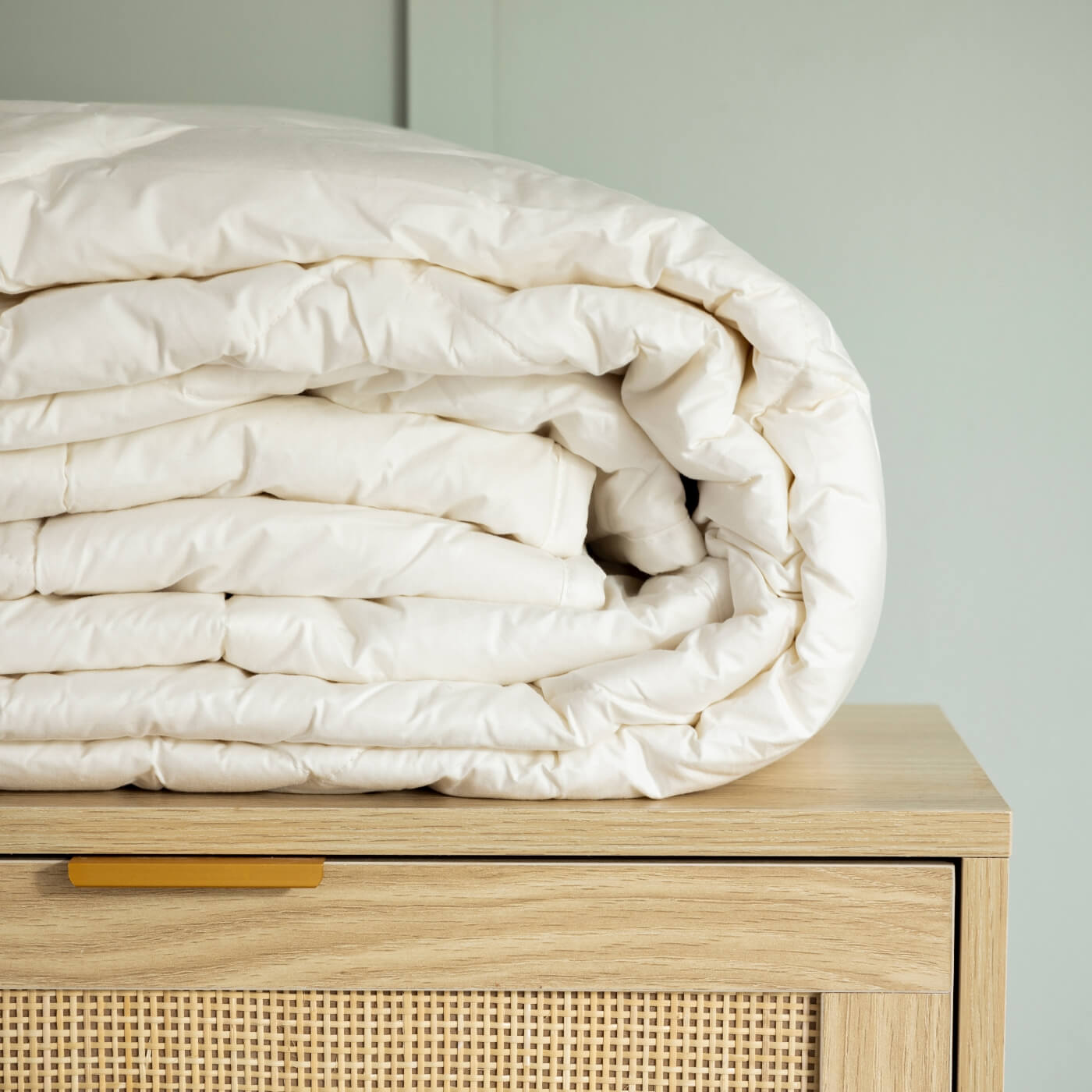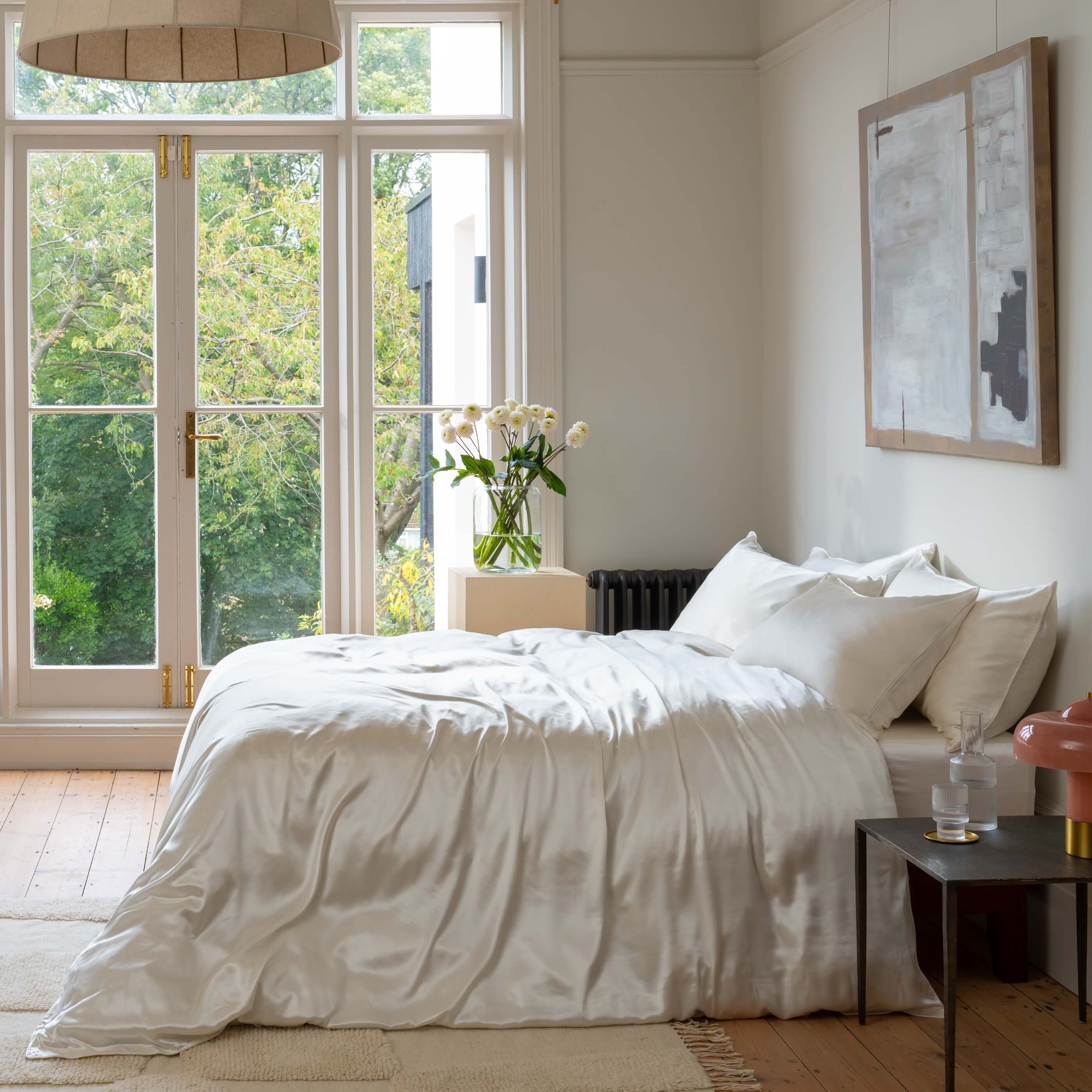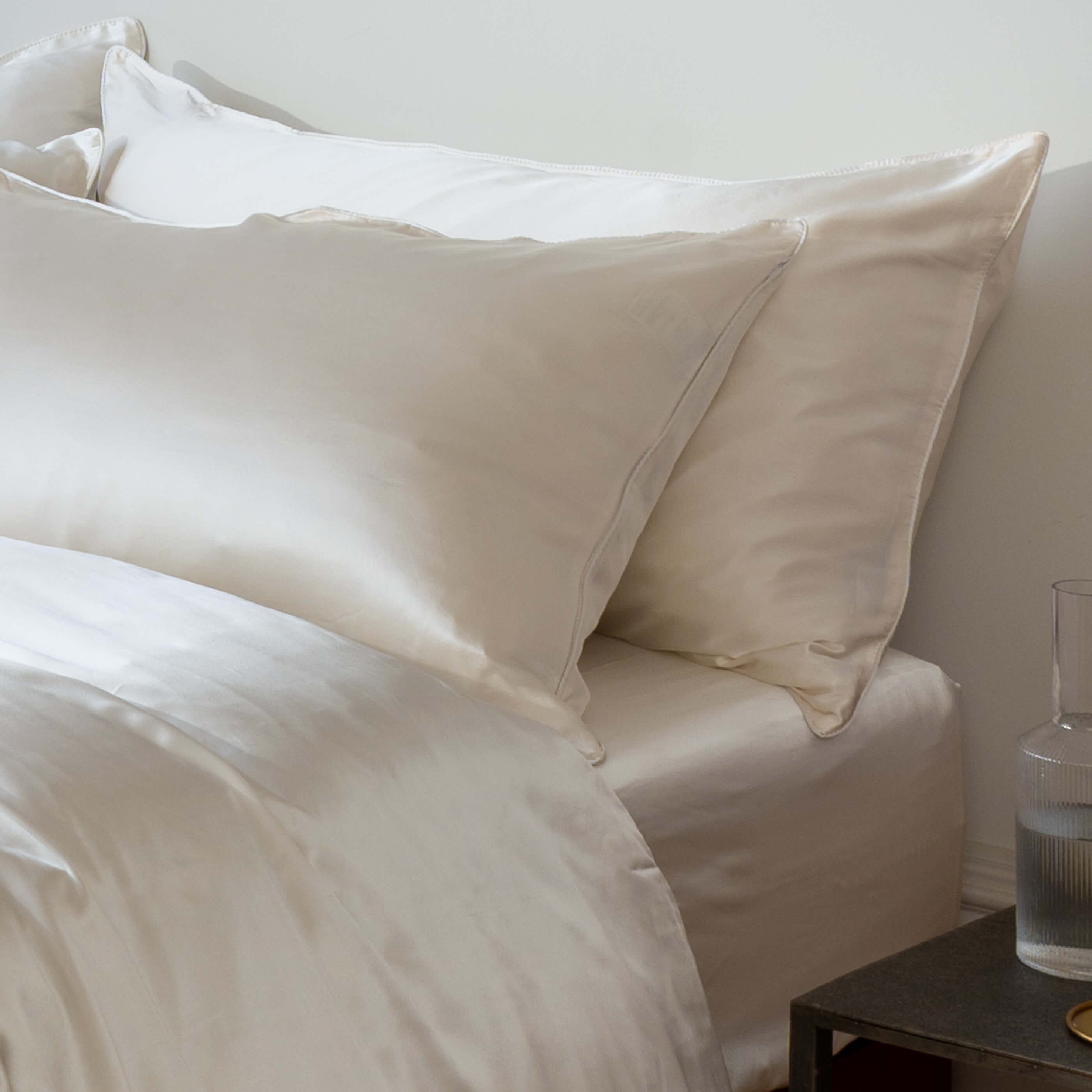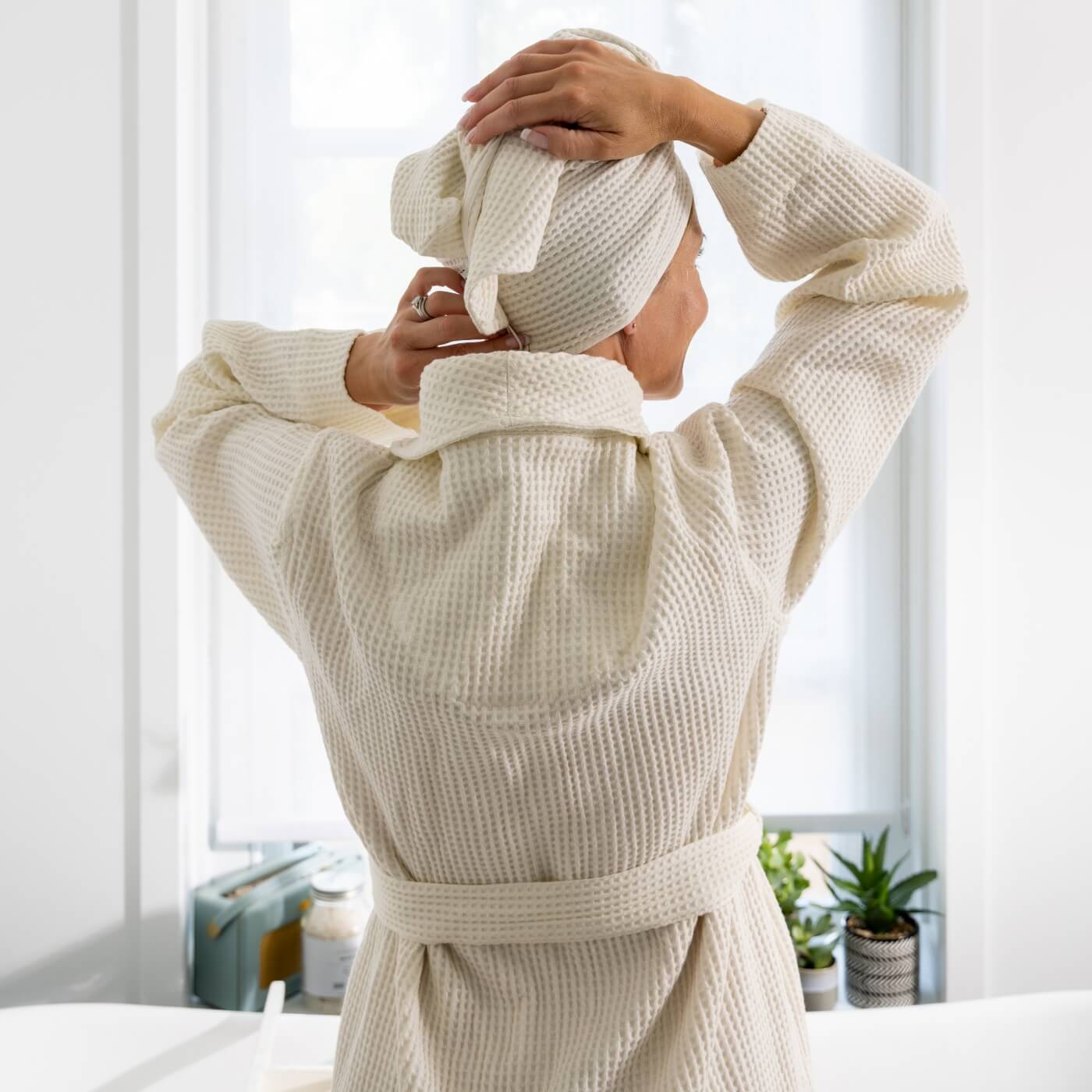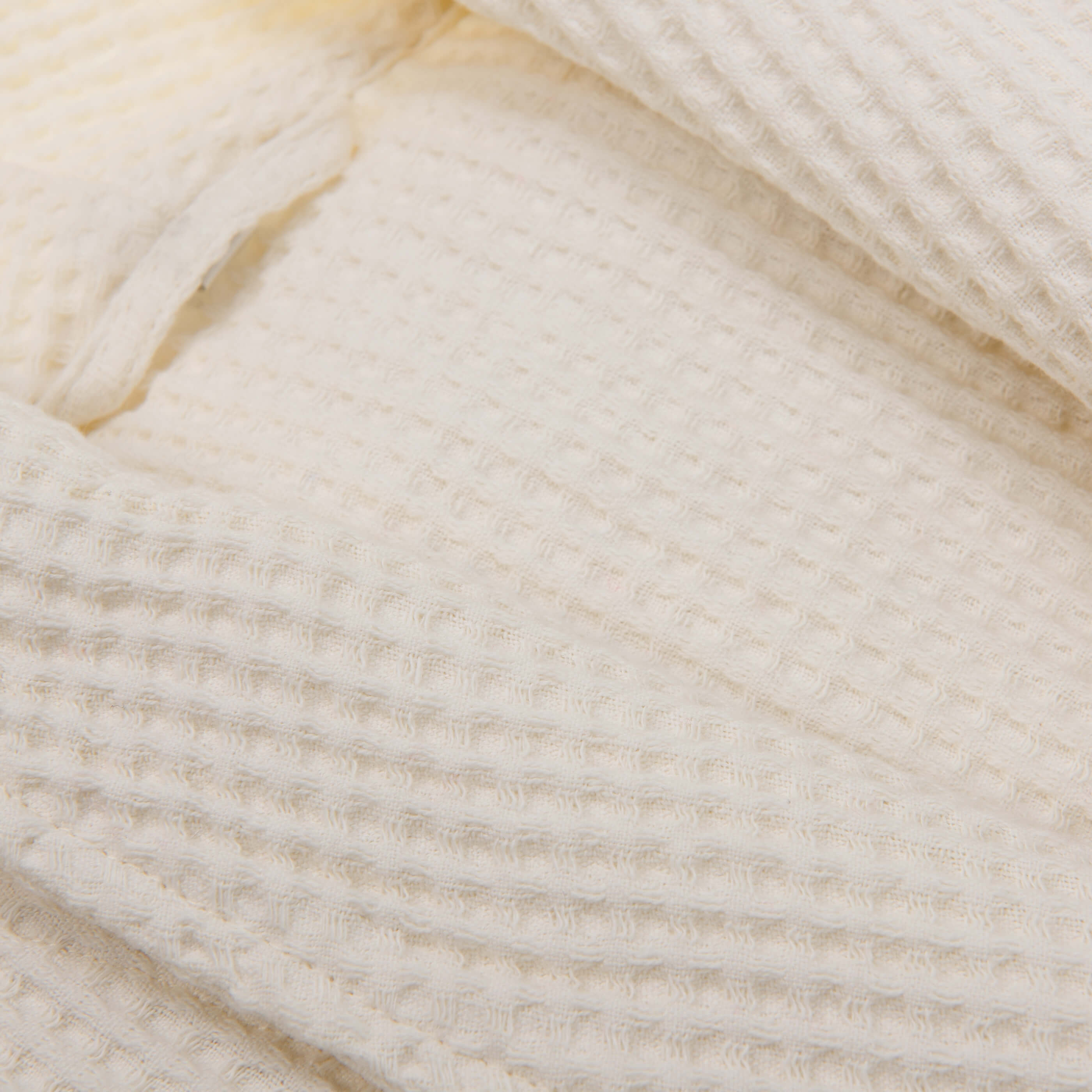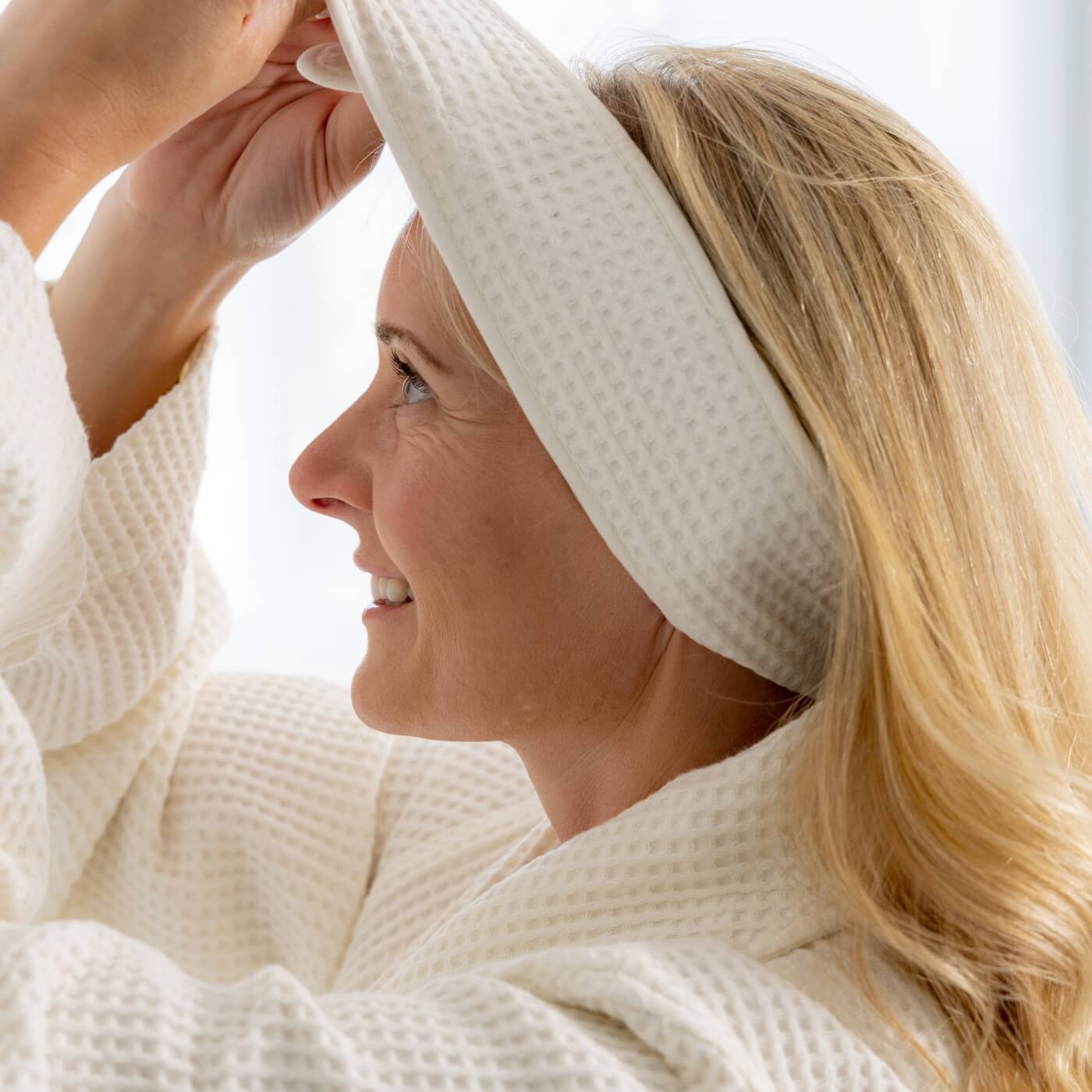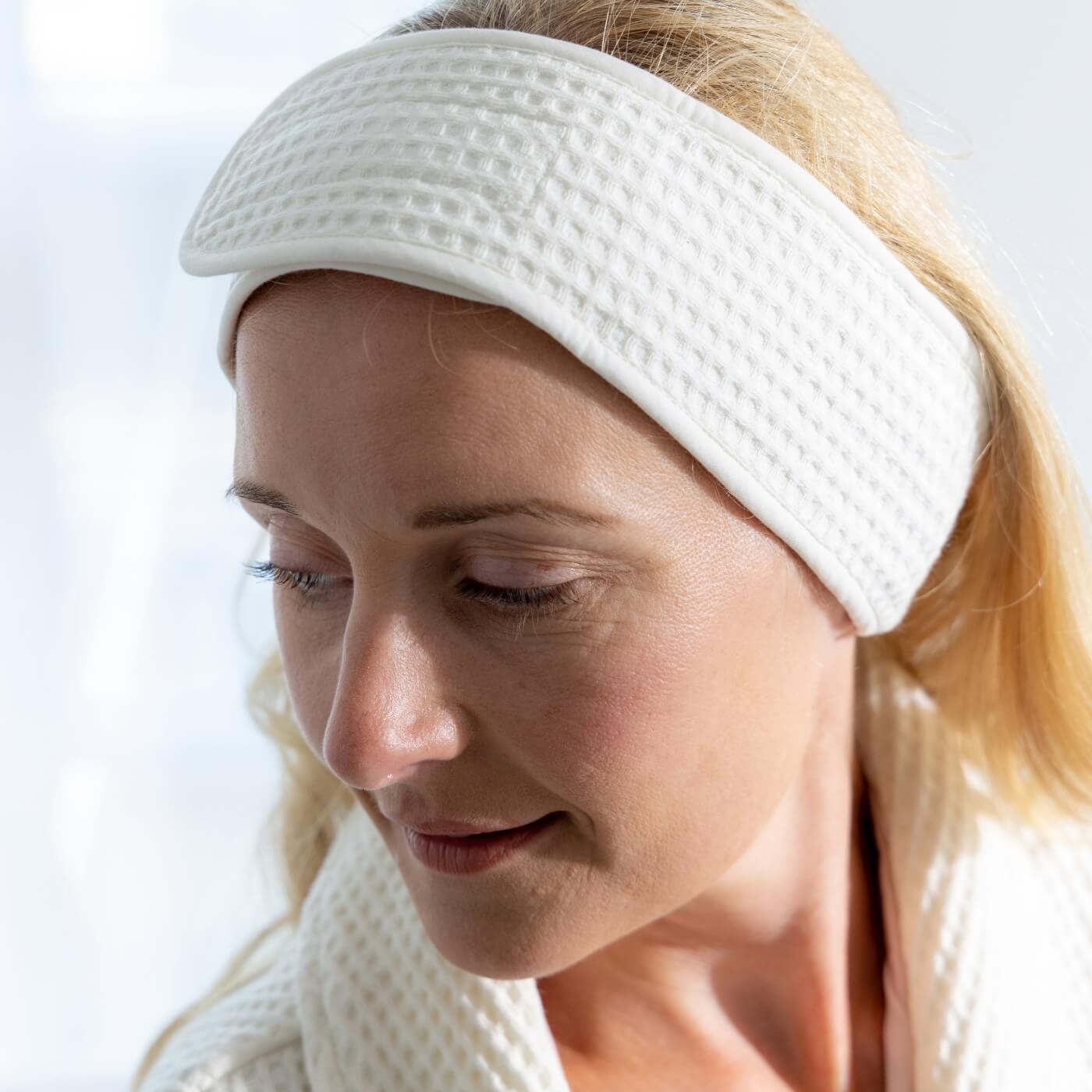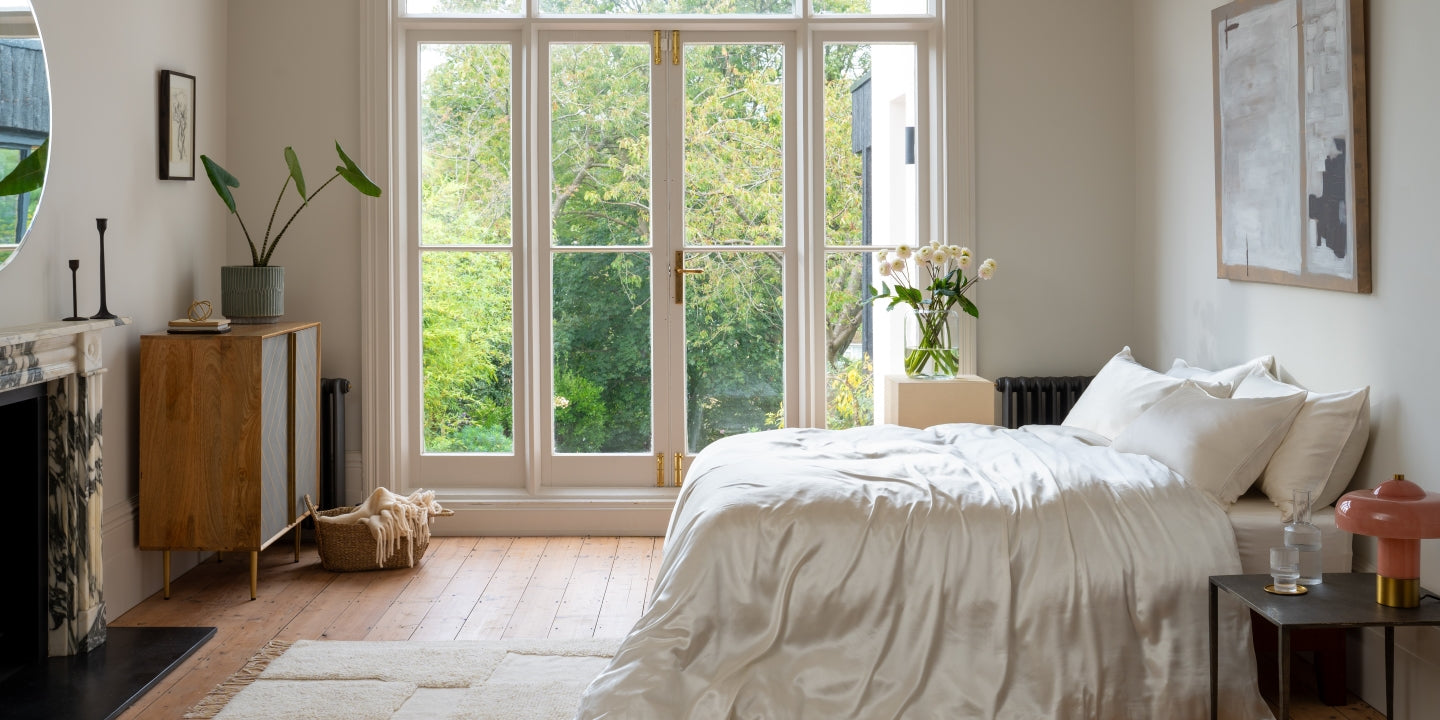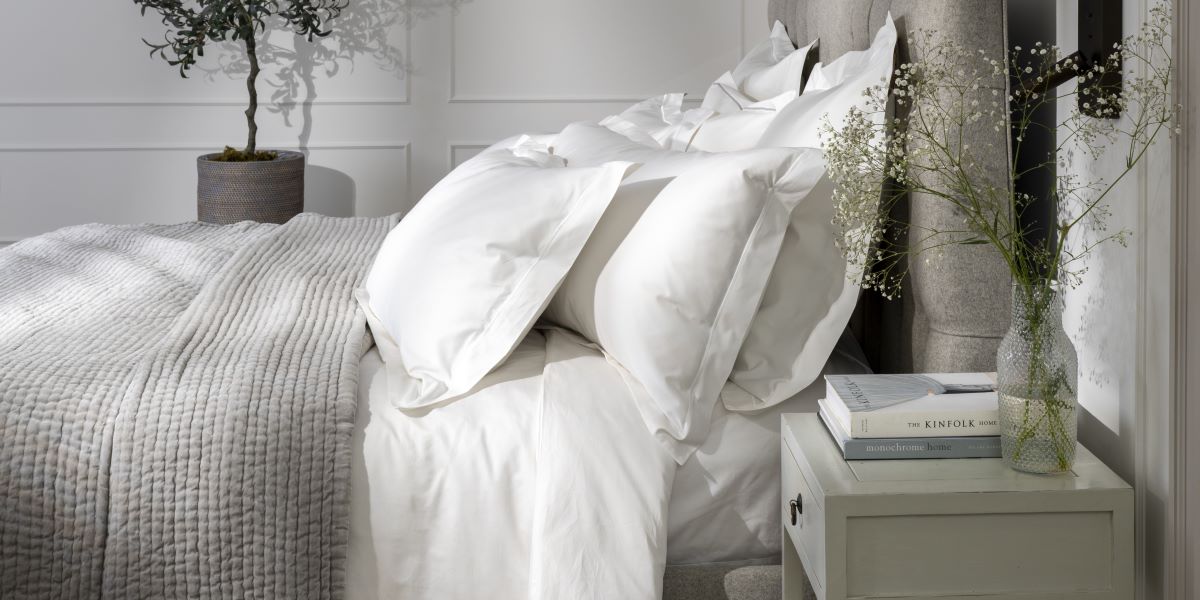What is beauty sleep?
When turning in for the night, have you ever stopped to consider what your amazing body is about to get up to? The idea of beauty sleep may have been around for some time, and scientific evidence tells us there’s a genuine link between good sleep habits and the way we look.
However, we need more than a series of catnaps to look our best – beauty sleep only comes with good quality, all-night sleep. You may already know that sleep consists of a series of sleep cycles – light, deep and REM. Quality sleep sees us go through these phases several times a night. And it’s while we go through the deep and REM phases that our body – and skin – repairs itself on a cellular level. It’s the skin repair we get while sleeping that makes us look healthy and rejuvenated, hence the term beauty sleep.
The benefits of sleep for skin
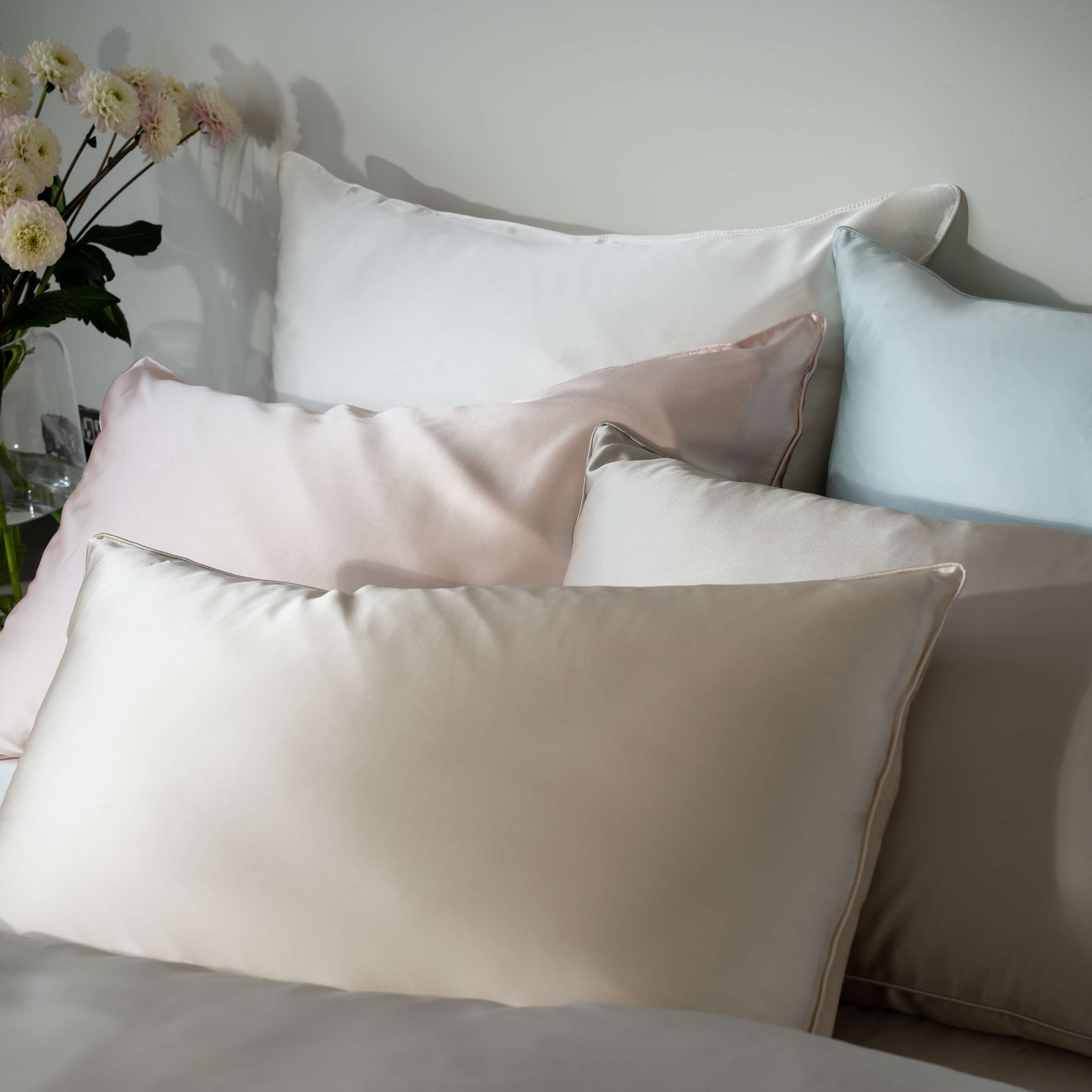
The benefits of sleep for hair
It’s not just our skin that benefits from beauty sleep, our hair looks better too. Quality sleep increases the health of your hair with hormones such as melatonin helping increase hair growth.
Although sleep can help our hair grow healthily, it’s not so great for longer locks. A silk pillowcase can help prevent tangles and breakages no matter what your hair length, while tying back long hair and securing it with a soft hair tie such as a scrunchie will also help protect hair. A hair wrap is another way of helping reduce breakages and keep your hair looking at its best.
How does lack of sleep affect the skin?
There’s little doubt that a lack of sleep affects our skin and our hair. Miss out on enough sleep for even one or two nights and you’ll see dark circles and a duller complexion. But endure a longer-term lack of sleep and you’ll see dull, dry skin, acne, premature wrinkles and an early loss of elasticity, all of which will make you look prematurely older. Fortunately, we can do something about this by ensuring we get consistently good sleep each night.
How many hours is considered beauty sleep?
To look your glowing best, aim for 7–9 hours of good quality sleep. This allows your body to cycle through the stages needed for collagen production, skin repair, and overall healthier skin. Interrupting these cycles affects how you look. But beauty sleep isn’t a quick fix—one or two nights won’t cut it. You need to commit every night. After a couple of weeks, you’ll start noticing a real difference in how you look—and feel.
Tips for getting more beauty sleep
Having a regular bedtime and waking time helps balance your circadian rhythm and make your sleep more effective. Follow the same pattern day in, day out and you’ll start finding it easier to fall asleep and stay asleep.
Slightly lower temperatures, around 18˚C, are better for a good night’s sleep than we might expect. That’s because the sleep hormone, melatonin, increases in a cooler environment. So turn down the heating at night and open a window to cool things down if you need to. Using a lighter duvet may also help you keep your cool as may choosing lighter nightwear made with natural fibres.
We sleep better in the dark- fact. It’s all down to melatonin again which increases in response to the dark. However, if you struggle to avoid light due to thin curtains or glowing devices in your bedroom, investing in an eye mask to help block out the light can work wonders.
Good quality sleep comes better if we stay away from food in the hours before bed because of the way it can cause indigestion and acid reflux. If you do need to eat, try to avoid sugary, salty and carb-rich foods.
The odd tipple at night won’t cause big problems, but try to drink alcohol earlier in the evening. Not only does drinking close to bedtime affects the quality of your sleep and cause night-time trips to the loo, but it dehydrates you making you more likely to wake with puffiness or dull skin.
Screens at bedtime are a no-no. Instead of scrolling through your phone or watching TV, do something that doesn’t involve light pollution from screens. Reading a book, listening to the radio or a podcast or even doing some knitting are great ways to relax without a screen in sight.
Exercise will certainly help you sleep better but keep vigorous exercise to earlier in the day. Morning workouts are best for sleep, but if the evening is the only time you can manage a workout, aim to finish by early evening so your heart rate and nervous system have a chance to settle down. Alternatively, choose a gentler form of exercise such as walking or yoga.
Too much caffeine affects the quality of your sleep and can stop you from dropping off. Replace the caffeine after 2pm with caffeine-free drinks and you’ll notice the difference. Not only will it help the quality of your sleep, but you should notice the difference in your hydration levels which will improve your skin.
…Or a warm shower in the hour or so before bed. This helps your body relax, encourages your body temperature to fall and (surprise!) helps increase melatonin production. No wonder it’s such a good way of preparing for a better night’s sleep.
Mindfulness techniques such as meditation, deep breathing and yoga help reduce the inner chatter that can keep us awake at night. They’re also great at preventing the night-waking we get when feeling stressed or anxious.
Recommended Products
FAQ
Yes! Hair is at its most fragile when it’s wet. This means that sleeping with wet hair can increase the risk of breakage. Even tying your hair while wet back causes mechanical breakage to your locks. Perhaps more importantly though, sleeping with wet hair can increase your risk of developing fungal infections on your scalp, eeek! It can also cause fungus and mould growth in your pillow. The damp, warm environment created by going to bed with wet hair is an ideal breeding ground for nasties – so dry your hair before you hit the hay!
Sleepyheads with longer locks will find it easier to deal with their hair if they tie it up before heading to bed. This stops night-time tangles and prevents subsequent breakages. A hair wrap is ideal for keeping hair off your face and protected while sleeping. However, if a hair wrap’s not for you, a scrunchie – especially if made with silk – will be especially gentle on your hair.
Your pillow itself is unlikely to cause acne, but the pillowcase you use on it may do. That’s because sweat, oils and general grime from our faces and heads build up on pillowcases as we sleep. If you don’t wash and replace your pillowcase regularly, this build-up is transferred back to your skin, clogging pores and causing blemishes. This can happen to any pillowcase – cotton, linen, silk or synthetic. So, wash your pillowcase regularly – weekly is perfect and use a pillow protector for extra reassurance.
Yes it does. Skin depends on rest and recovery in the same way as our minds and the rest of our bodies. Skin is an organ and needs that sleep to repair itself. Without quality sleep, skin doesn’t get the chance to repair itself. As a result, it starts to lose elasticity and may become puffier and more wrinkled, making us look older than we actually are

